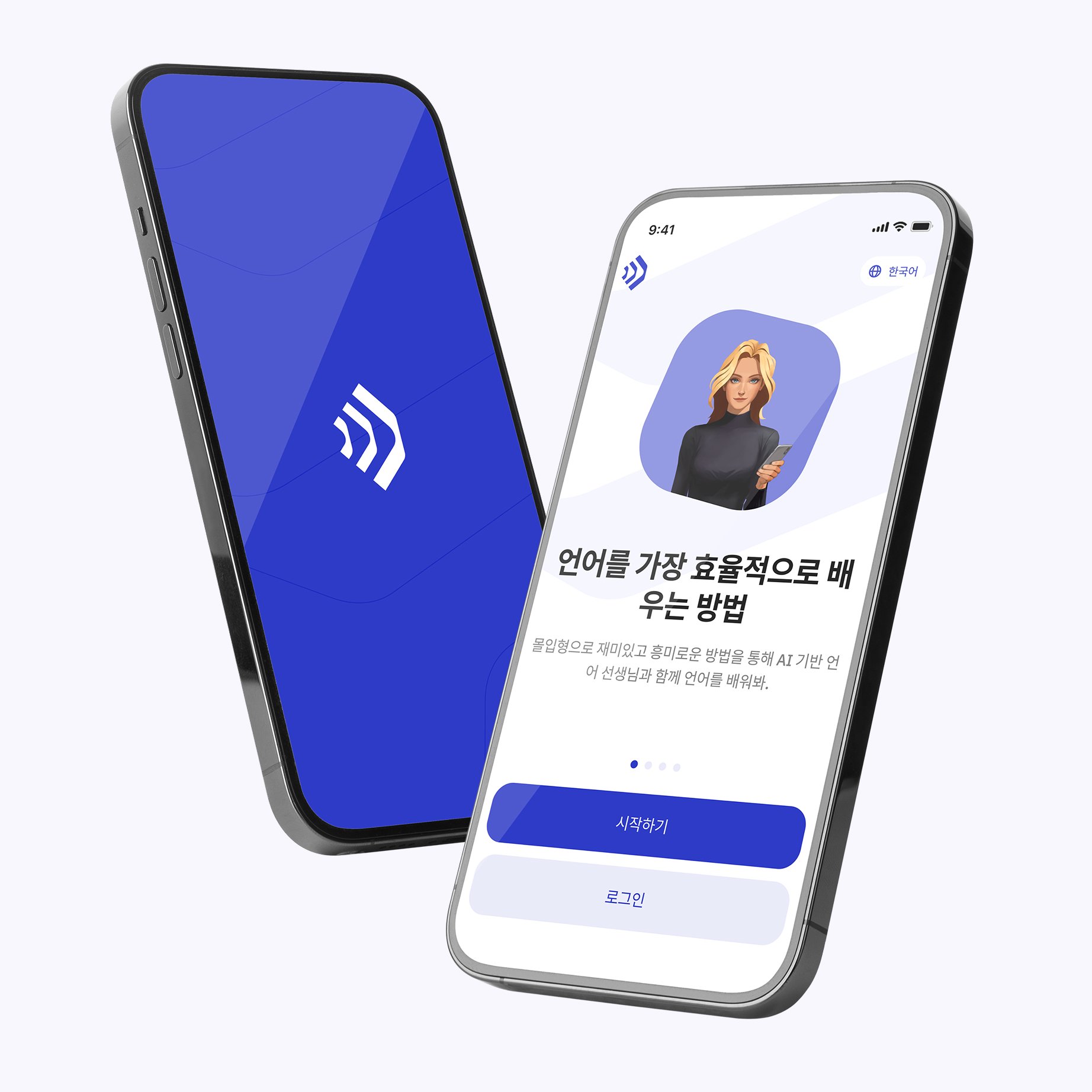사람과 관련된 단어
A2 레벨에서는 사람과 관련된 기본적인 단어들을 많이 접하게 됩니다. 이를 통해 가족, 친구, 직장 동료 등 다양한 사람들과의 관계를 표현할 수 있습니다.
1. Family (가족)
– Mother: My mother is a teacher.
– Father: His father works in a bank.
– Brother: She has one brother and two sisters.
– Sister: My sister is younger than me.
2. Friend (친구)
– Best friend: My best friend lives next door.
– Classmate: He is my classmate from high school.
– Neighbor: Our new neighbor is very friendly.
3. Colleague (동료)
– Boss: My boss is very supportive.
– Employee: The company has over 100 employees.
– Manager: She is the manager of the sales department.
일상 생활과 관련된 단어
일상 생활에서 자주 사용되는 단어들을 익히면, 생활 속의 다양한 상황에서 영어로 의사소통을 할 수 있습니다.
1. Food (음식)
– Breakfast: I have toast and coffee for breakfast.
– Lunch: What did you have for lunch?
– Dinner: We usually have dinner at 7 PM.
– Fruit: Apples and bananas are my favorite fruits.
2. House (집)
– Living room: We watch TV in the living room.
– Bedroom: The bedroom is on the second floor.
– Kitchen: She is cooking in the kitchen.
– Bathroom: The bathroom is next to the bedroom.
3. Clothing (의류)
– Shirt: He is wearing a blue shirt.
– Pants: I need to buy new pants.
– Dress: She wore a beautiful dress to the party.
– Shoes: These shoes are very comfortable.
여행과 관련된 단어
여행을 하면서 필요한 단어들을 익히면, 해외 여행 시에 유용하게 사용할 수 있습니다.
1. Transport (교통)
– Bus: We took the bus to the city center.
– Train: The train arrives at 9 AM.
– Airplane: The airplane will land in 30 minutes.
– Taxi: It’s easier to take a taxi in the city.
2. Accommodation (숙박)
– Hotel: We booked a hotel near the beach.
– Room: Our room has a great view of the ocean.
– Reservation: Do you have a reservation?
– Guest: The hotel can accommodate 200 guests.
3. Directions (길 안내)
– Left: Turn left at the next corner.
– Right: Go straight and then turn right.
– Straight: Keep going straight until you see the park.
– Corner: The cafe is on the corner of Main Street and 2nd Avenue.
감정과 관련된 단어
감정을 표현하는 단어들을 익히면, 자신의 느낌을 더욱 정확하게 전달할 수 있습니다.
1. Happy (행복한)
– Joyful: She felt joyful when she heard the news.
– Excited: He is excited about his new job.
– Pleased: I am pleased with the results.
2. Sad (슬픈)
– Unhappy: She looked unhappy after the meeting.
– Depressed: He has been feeling depressed lately.
– Disappointed: They were disappointed with the service.
3. Angry (화난)
– Upset: She was upset about the delay.
– Frustrated: He felt frustrated with the situation.
– Irritated: The noise made him irritated.
쇼핑과 관련된 단어
쇼핑을 하면서 자주 사용되는 단어들을 익히면, 물건을 사고 팔 때 영어로 의사소통을 할 수 있습니다.
1. Store (가게)
– Shop: I bought this dress at a small shop.
– Mall: The mall has many different stores.
– Market: We go to the market every Sunday.
– Supermarket: The supermarket is open 24 hours.
2. Money (돈)
– Price: What is the price of this item?
– Cheap: This shirt is very cheap.
– Expensive: That bag is too expensive.
– Cash: Do you prefer to pay with cash or card?
3. Product (상품)
– Item: This item is on sale.
– Goods: The store sells various goods.
– Discount: They offer a 20% discount on all products.
– Brand: This is a popular brand.
시간과 관련된 단어
시간을 표현하는 단어들을 익히면, 일정을 잡거나 약속을 할 때 유용하게 사용할 수 있습니다.
1. Day (날)
– Monday: We have a meeting on Monday.
– Tuesday: She has a doctor’s appointment on Tuesday.
– Wednesday: Wednesday is the middle of the week.
– Thursday: He is traveling on Thursday.
2. Month (달)
– January: January is the first month of the year.
– February: Valentine’s Day is in February.
– March: Spring starts in March.
– April: April showers bring May flowers.
3. Time (시간)
– Morning: I usually wake up early in the morning.
– Afternoon: We can meet in the afternoon.
– Evening: They have dinner in the evening.
– Night: He works the night shift.
기타 중요한 단어들
그 외에도 A2 레벨에서 알아두면 유용한 단어들이 많이 있습니다. 이런 단어들은 다양한 상황에서 사용될 수 있습니다.
1. Weather (날씨)
– Sunny: It is sunny today.
– Rainy: The weather is rainy this week.
– Cloudy: It looks cloudy outside.
– Snowy: The forecast says it will be snowy tomorrow.
2. Activities (활동)
– Exercise: I exercise every morning.
– Reading: She enjoys reading books.
– Cooking: He is good at cooking.
– Traveling: They love traveling to new places.
3. Health (건강)
– Doctor: I need to see a doctor.
– Medicine: This medicine helps with headaches.
– Hospital: She works at a hospital.
– Healthy: Eating vegetables is healthy.
4. School (학교)
– Student: He is a diligent student.
– Teacher: The teacher explains the lesson well.
– Classroom: The classroom is spacious.
– Homework: We have a lot of homework today.
5. Work (일)
– Job: She got a new job.
– Office: He works in an office.
– Meeting: There is a meeting at 10 AM.
– Project: We are working on a new project.
정리
A2 레벨에서 알아야 할 영어 단어들은 일상 생활에서 자주 사용되는 단어들로, 영어로 기본적인 의사소통을 할 수 있는 기초가 됩니다. 사람, 일상 생활, 여행, 감정, 쇼핑, 시간 등 다양한 주제에 관련된 단어들을 익히고, 그 단어들이 어떤 문맥에서 사용되는지 이해하는 것이 중요합니다. 이 글에서 소개한 단어들과 예문들을 반복해서 연습하고, 실제 상황에서 사용해 보세요. 그러면 영어 실력이 한층 더 향상될 것입니다.










